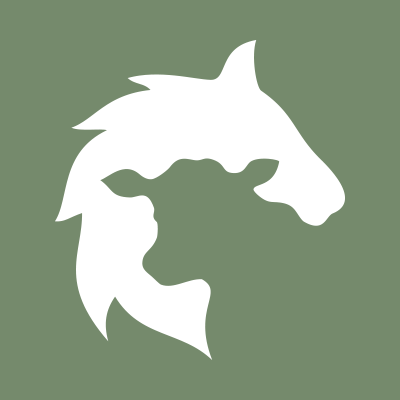Equine Medicine & Surgery

Central Ontario Veterinary Services provides mobile equine medical and surgical services at your stable, including 24-hour emergency care. Many diagnostic, therapeutic, and surgical procedures can be performed in a box stall with suitable sedation, or with local or general anaesthesia. Whether it is cough or colic, lameness or lethargy, weight gain or wasting, our veterinarians will investigate your horse’s problem and help you form a plan to treat or manage the condition. Poor performance in any equestrian discipline may be the result of an underlying medical problem.
A range of diagnostic tests from a thorough physical examination to x-ray, ultrasound, and endoscopy can be performed by our veterinarians, assisted by our veterinary technicians when skilled help is required. Samples can be collected for analysis in our practice laboratory or shipped to commercial and university laboratories to help confirm or rule out a suspected problem.
Surgical procedures ranging from laceration repair and wound management to castration can be performed at your stable. When the situation requires the skills of specialists or specialist equipment, we can arrange referral of your horse to either of two excellent referral hospitals in Ontario. We also work with farriers to ensure that your horse receives corrective trimming or shoeing that will aid recovery or performance.
Horses do not always co-operate with the treatments they need, but you do not have to do it alone. When our clients require assistance to carry out treatments, our registered veterinary technicians can help. Our veterinarians will discuss with you how treatments will be carried out, and will help to formulate a therapeutic plan for your horse.
The list below gives a brief overview of some of the medical and surgical conditions that we can help with. Please contact us by telephone on 705-722-3232 or email to info@centralontariovet.com if you have questions about medical or surgical conditions including, but not limited to:
- colic
- choke
- respiratory disease
- laminitis (founder)
- tying-up
- weight loss
- obesity
- abnormal urination
- poor performance
- laceration repair
- open wound management
- eye injuries and other disorders of the eyes
- castration
- cryptorchidectomy (removal of retained testicle)
- gastroscopy for diagnosis of gastric ulcers
- lameness
- skin disease
- cardiac disease
You might also be interested in our Fact Sheet about Equine Emergencies.
For more helpful resources, check out our Equine News and How to Prepare pages.
